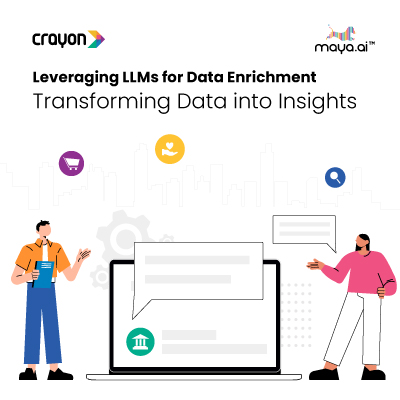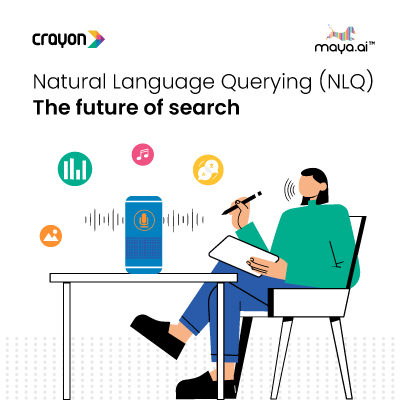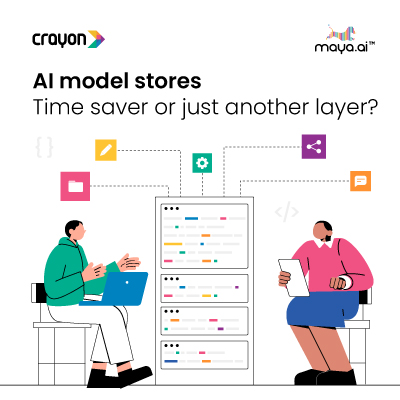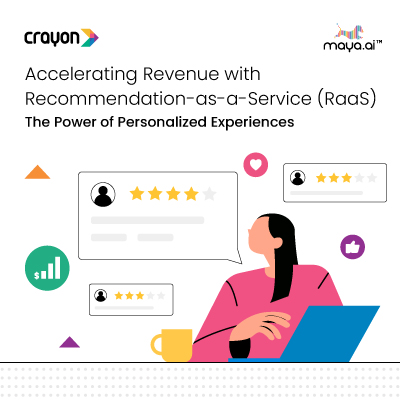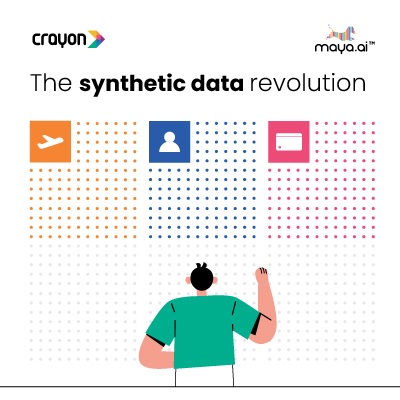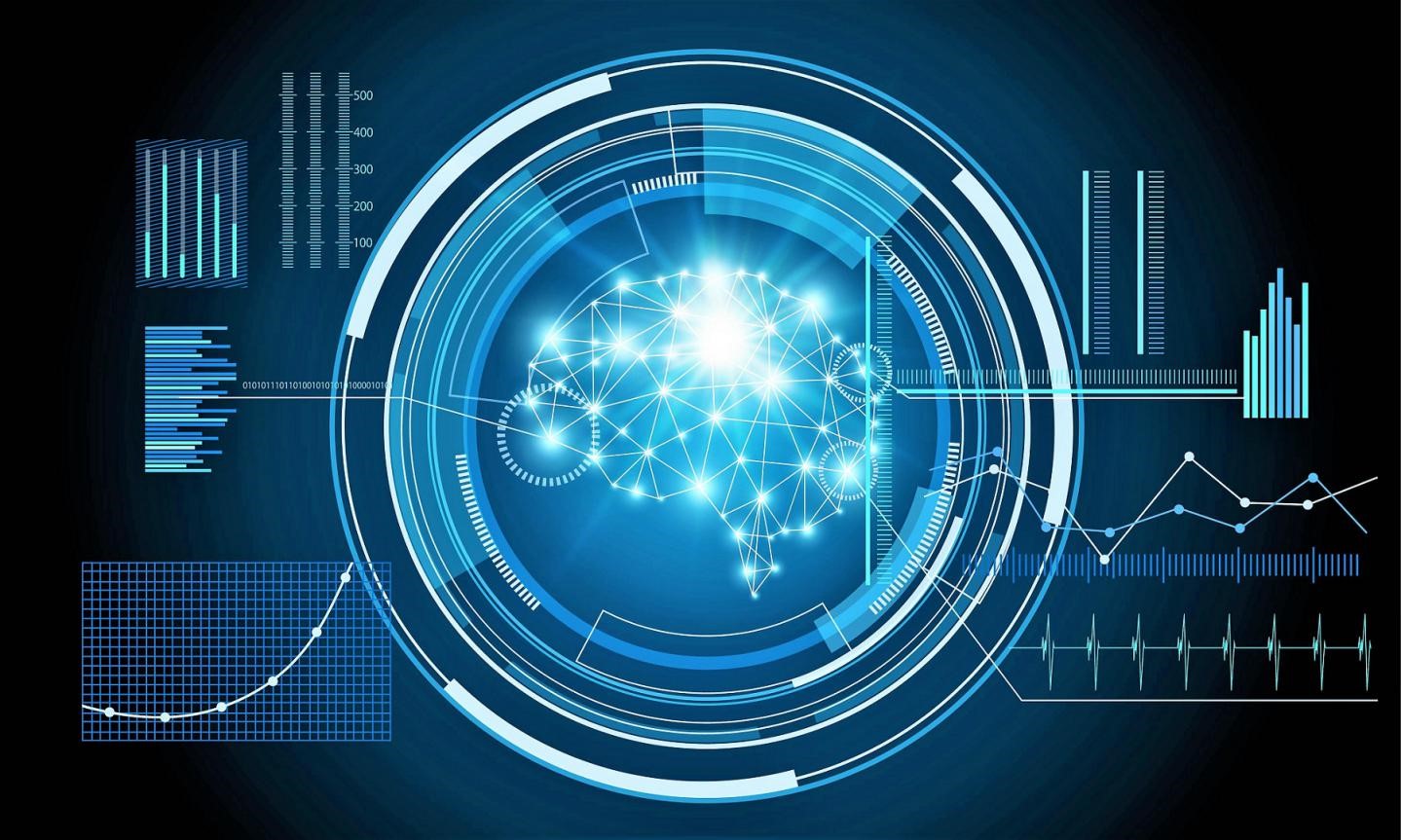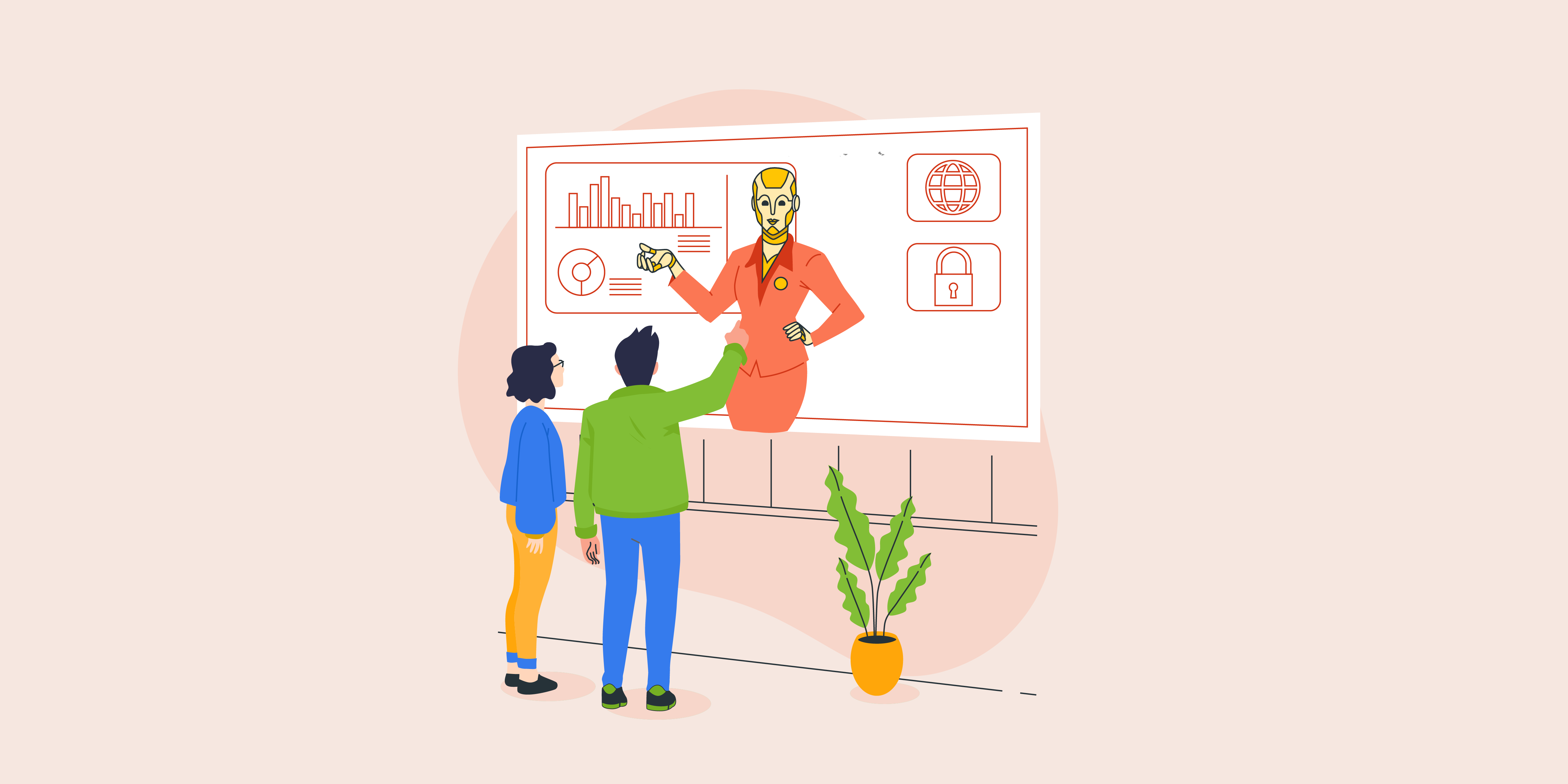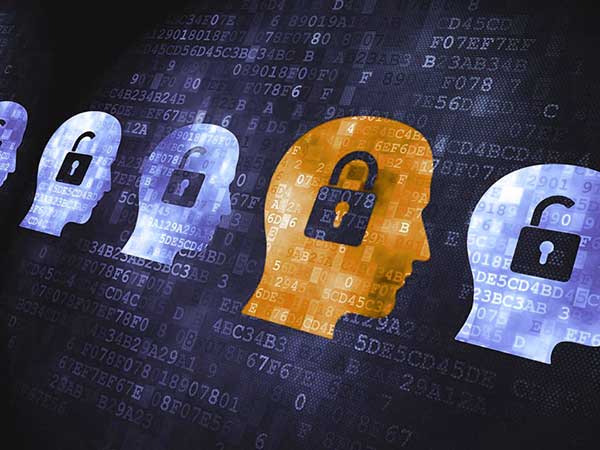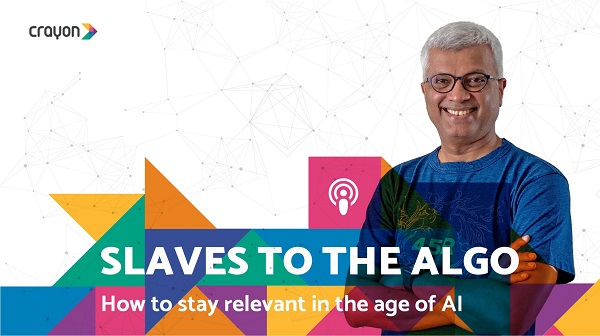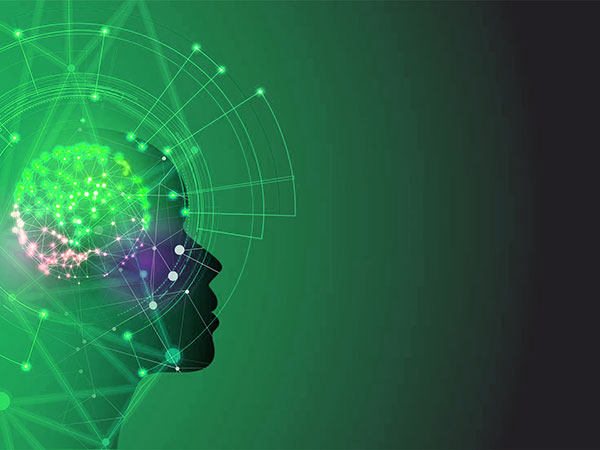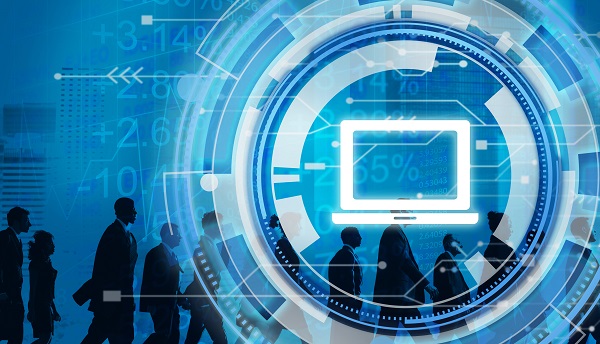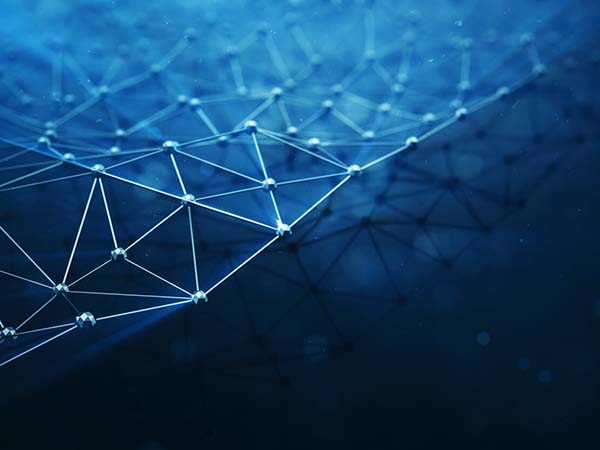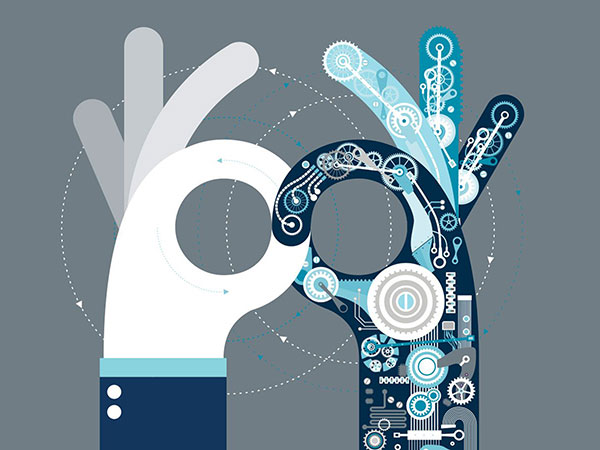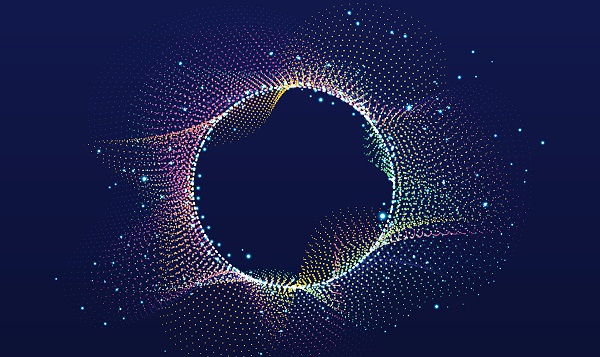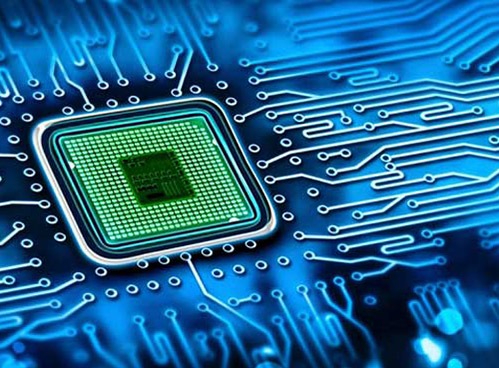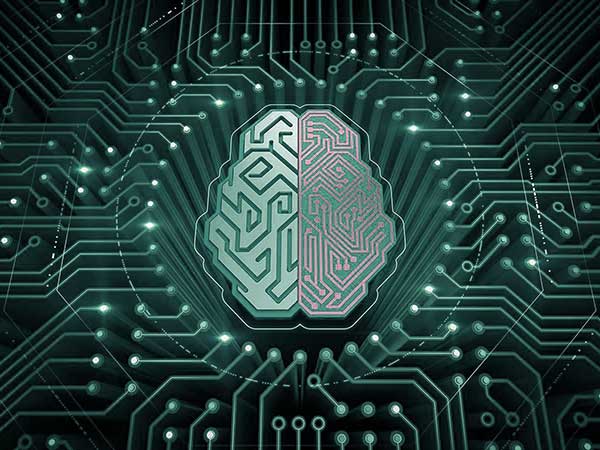Thanks to the internet, we have access to a wealth of information at any given time. You can find just about anything you need. Unfortunately, it also means there’s a lot of misinformation out there.
It’s not difficult to create a website. You don’t need a degree or certificate of any kind. You can even do it for free, thanks to cheap web hosts. In just a few short hours, you could have a legitimate-looking website up and running.
With that in mind, it should come as no surprise that fake news is a huge problem these days. This has become even more apparent over the course of the recent election.
The best way to tell the real news from the fake news is to consider the source. Do you see any bad grammar, typos or poorly written content? Can you find the information published elsewhere, on a more reputable site? Is it just something you saw on Facebook or another social network, or is it an actual news account?
The bottom line is, even though there are ways to discern real news from the fake kind, they aren’t particularly effective. Sometimes it’s extremely difficult to do.
PC World took the time to test and analyze fake news on Facebook, and what they found may surprise you. Not only is an alarming number of suggested content fake, but it seemed to be aimed at Trump supporters the most.
To be perfectly honest, fake news is fake news — and no one should be getting fooled by it.
Can AI solve the fake news problem?
Is it possible that AI or artificial intelligence can help to detect fake news and filter it out of most web results and social recommendations? Facebook’s Mark Zuckerberg certainly thinks so. The company is no stranger to AI technologies, so it’s not surprising that they would be interested in its uses for data veracity.
Data veracity — if you don’t know — relates to the reliability of data sources referenced. It’s an often overlooked element of big data. Modern data systems and analytics tools collect an endless stream of digital content and information. But just because it’s floating around, doesn’t mean it’s accurate or true.
Facebook will use AI to detect words and patterns that are indicative of fake news. Thus, the system should improve both the accuracy and veracity of the content pushed to its users. Zuckerberg says it won’t be easy. He claims the most crucial thing he and his team can do before deploying a reliable AI is to “improve our ability to classify misinformation.”
“This means better technical systems to detect what people will flag as false before they do it themselves.”
In other words, they need to find clear patterns that will reveal whether a story is fake or not. That, in turn, means identifying real news instead. They must first be able to verify if a news story is true, unbiased and, most importantly, current. But is such a thing possible?
The challenge scientists will face along the way
Creating or developing an AI system that can differentiate real news from the fake news is not going to be an easy task — there are many challenges scientists and developers will face along the way.
Ilya Sutskever, the research director for OpenAI, says one way to accomplish this is to create a system that can “understand the meaning of text,” which, sadly, is not possible with today’s technology.
At this point, it’s not just about fake news. There are a lot of dastardly sources out there, like phishing emails and websites, malware and spyware-infected portals, and much more. If AI could accurately detect these sources, we would not only be better informed, but more secure, too.
It will take time and resources to get there. First, we’ll need to understand the difference between real and fake news, and that means finding clear indicators that differentiate the two. The same applies to untrustworthy sites or portals. We cannot understand what makes them different without first truly understanding the “real” content.
Furthermore, the sheer volume of data created and shared in today’s world is endless. There’s just no way for us alone to keep up, so AI is really the only hope we have to filter out the bad from the good.
It’s just a matter of getting the technology where it needs to be. When will this technology finally be deployed on a scale that can make an impact? Hopefully, sometime within the next decade, and possibly even sooner. But there are never any guarantees.

